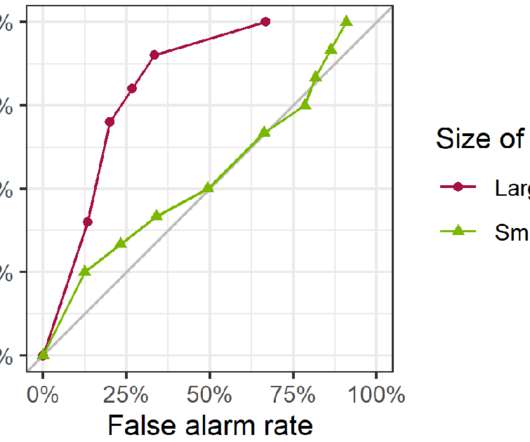Fed's Barr frames capital reform as final chapter of Dodd-Frank
American Banker
OCTOBER 9, 2023
The Federal Reserve's top regulator cited the financial crisis of 2008 repeatedly in a speech about the merits of new risk-capital standards — proposals that have drawn unprecedented fire from banking trade groups and members of Congress.


































Let's personalize your content